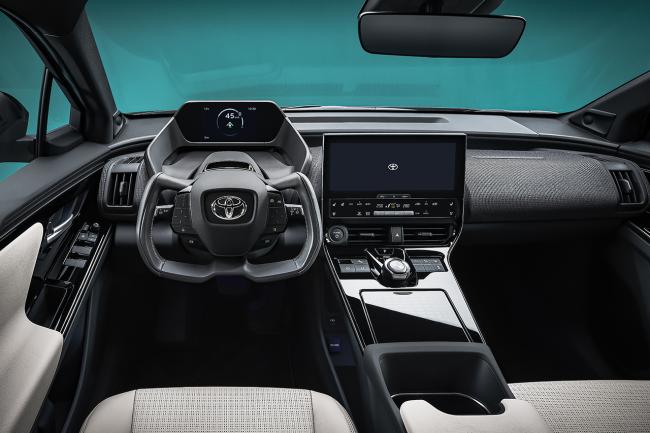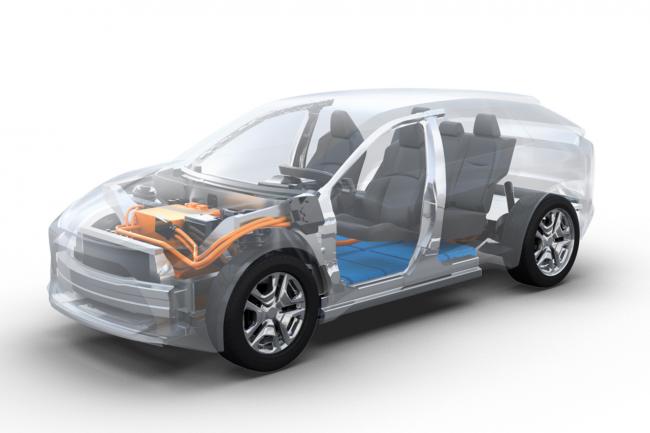Toyota hybrid cars, such as the Toyota Prius, Corolla Hybrid, and RAV4 Hybrid, are known for their reliability. However, with global temperatures rising, an important question arises: Does hot weather affect the battery of your Toyota hybrid car? Like all vehicles that rely on advanced battery technology, heat can influence the performance of its components, including the high-voltage (HV) battery and the 12V battery. This article will explore how hot weather impacts these batteries, what precautions should be taken, and the solutions Toyota provides to maximize battery life.
Understanding Toyota Hybrid Batteries
Toyota hybrids come equipped with two types of batteries: the 12V battery and the high-voltage (HV) battery. The 12V battery is responsible for basic electrical systems (starting the engine, lights, radio), while the HV battery powers the electric motor. While these batteries are robust, they are sensitive to extreme weather conditions.
In hot weather, batteries can experience reduced efficiency. This occurs because the chemical components inside the batteries function optimally in moderate temperatures. When outside temperatures exceed 30°C (86°F), the HV battery, in particular, can overheat, affecting its efficiency and leading to a reduction in the vehicle’s range.

Real-life Example: Toyota Prius in Summer
Take the Toyota Prius as an example. During a heatwave, energy consumption increases, especially with frequent air conditioning use. As a result, the HV battery is put under more strain, which can temporarily reduce electric range. If this situation persists over the long term, it could also lead to premature wear on the HV battery.
Hot Weather Effects on HV and 12V Batteries
12V Battery: Heat-Related Risks
Although the 12V battery is not directly responsible for powering the vehicle, it remains essential for the proper functioning of electrical components. During intense heat, this battery may lose capacity, which can lead to frequent failures or premature replacement.
High-Voltage Battery (HV): Reduced Performance
The HV battery is designed to handle intense charge and discharge cycles. However, during extreme temperatures, the vehicle’s thermal management system works continuously to keep the battery at an optimal operating temperature. If the thermal system struggles to maintain this, the battery’s efficiency drops, leading to reduced range and overall performance.
Battery Lifespan Statistics
According to a real-world study on hybrid vehicles, an HV battery exposed to temperatures above 35°C (95°F) can experience a 10% to 20% reduction in lifespan over the years(
Toyota’s Solutions to Minimize Heat Impact
Toyota is well aware of the potential impact of high temperatures on hybrid vehicle batteries. That’s why the manufacturer has implemented several innovations to protect the batteries:
Integrated Thermal Management System
Recent Toyota models, such as the Toyota RAV4 Hybrid and Corolla Hybrid, come equipped with an advanced thermal management system. This system helps maintain the HV battery’s temperature within an optimal range by using fans and either an air or liquid cooling system.
Advice for Toyota Drivers
Toyota also recommends several practices to minimize the impact of heat on batteries:
- Parking the vehicle in the shade or using a sunshade to avoid overheating the interior.
- Ventilating the car before driving to reduce air conditioning strain.
- Avoid fully charging the battery during hot periods, as this can accelerate chemical wear
Long-Term Effects of High Temperatures
Heat not only has immediate effects on performance, but it also influences the lifespan of batteries. Prolonged exposure to high temperatures can accelerate cell degradation in the battery, leading to earlier-than-expected replacement.
Example Calculation on Battery Wear
Let’s imagine a Toyota Prius driving 15,000 km (9,300 miles) per year in a hot climate. If the HV battery loses 10% performance each year due to heat, by year 5, the battery could have lost 50% of its initial capacity. As a result, the electric range would be severely reduced, potentially requiring a battery replacement

Comparison Between Different Toyota Hybrid
Toyota hybrid models vary in their thermal management and battery performance under heat stress. Here are a few concrete examples:
- Toyota Prius: This model has an efficient thermal management system, but precautions are strongly recommended during hot weather.
- Toyota RAV4 Hybrid: With a larger battery and an improved cooling system, this model can better handle high temperatures.
- Toyota Corolla Hybrid: Though it has a smaller battery than the RAV4, the Corolla remains efficient but is sensitive to overuse during heatwaves.
Conclusion: Hot Weather and Toyota Hybrid battery
while hot weather can affect the performance and life of Toyota hybrid vehicle batteries, there are solutions to minimize this impact. By adopting best practices, such as parking in the shade and relying on the thermal management system, you can protect your batteries and extend their life. Toyota continues to develop technologies to better manage these climatic conditions, ensuring the reliability of its hybrids even in the hottest environments.
